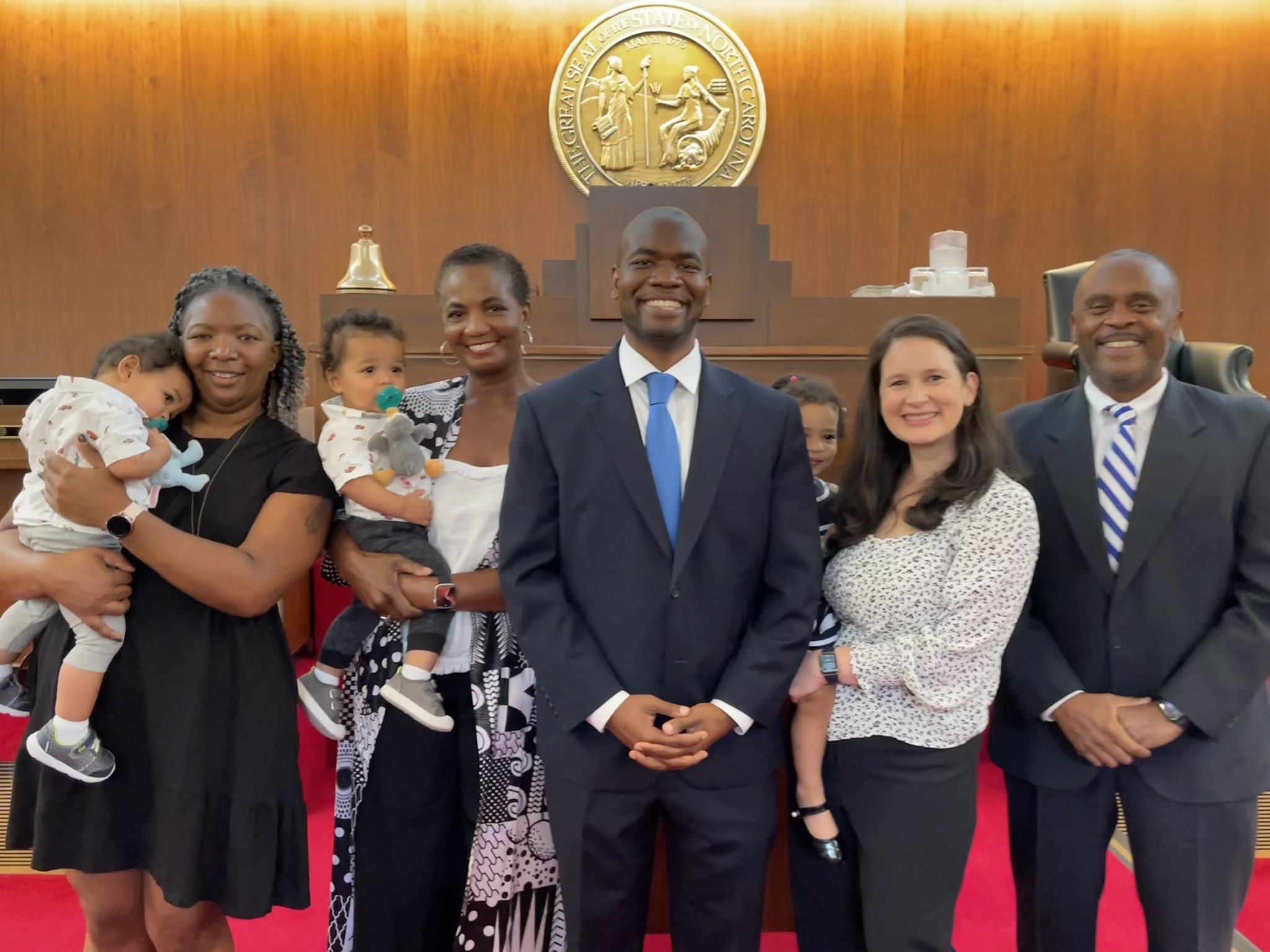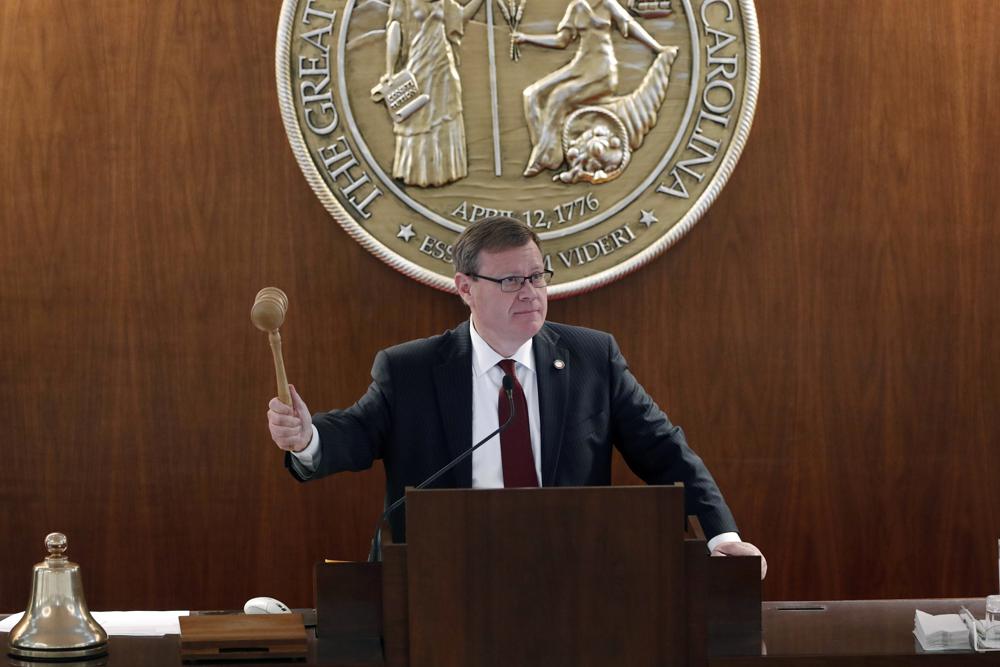A North Carolina House committee has angered supporters of medical marijuana by killing a bill that would legalize it.
And the anger toward legislators on this issue is bipartisan.
On Wednesday, House Judiciary I chose unanimously, by a voice vote – Republicans and Democrats – to provide an “unfavorable report” on House Bill 78, which would have legalized cannabis use for some medical patients.
That prevented the bill from going to the floor for a vote, and effectively squashed it for two years. Another House committee did the same thing to another medical marijuana bill, two years ago.
The vote came after legislators heard from patients and families living with cancer, epilepsy and other illnesses that are made more bearable by cannabis use, according to their testimony.
Jamie Hargitt is a Republican living in Fayetteville. She attended the committee hearing with her husband David, a veteran with Parkinson’s disease.
She is livid at the House committee.
“They don’t even answer questions,” she said. “They played God.”
Ignacio Almazon, the coordinator for Triangle chapter of NORML, is also not pleased.
“I’m very disappointed that our Judiciary Committee is willing to continue to incarcerate non-violent people,” said Almazon. “They’re willing to continue the cycle of opiate overdoses, where states that have programs have shown a reduction of at least 25 percent.”
Almazon said that research shows that 70 percent of North Carolinians favor a legal medical marijuana program in the state.
And there are reasons that veterans are stepping up to support the cause.
“Our veterans coming back from Afghanistan – the pharmaceuticals are causing them to commit suicide,” said Almazon. “yet a plan helps them out exponentially, and doesn’t give them the side effects that the chemicals that are made in a lab do.”
Veterans’ families speak out
Jamie Hargitt is married to 44-year-old retired Major David Hargitt, the founder and president of the North Carolina Chapter of Republicans Against Marijuana Prohibition – or, NCRAMP.
David retired from the Army in 2013 after 25 years of service.
The couple is certain that David’s Parkinson’s Disease was brought on by chemical exposure during the Gulf War, based on a second opinion they got at the Mayo Clinic.
Due to his symptoms, which include his muscles locking up, rendering him helpless and unable to speak, he can no longer work an eight-hour day.
Fed up with too many canceled appointments, Jamie said they no longer go to the VA for help.
Her husband took a prescribed medication to relieve symptoms until he developed an allergic reaction. Next, he underwent deep brain stimulation surgery.
“It’s like a pacemaker,” said Jamie Hargitt, “except for, it’s a generator. It’s a bigger piece of equipment that goes approximately where a pacemaker would go.”
It’s been helpful in relieving some symptoms, said Jamie. But there are times when his symptoms have prevented David from sleeping for days on end.
They found a support group of other soldiers’ families – and eventually, David tried marijuana, on the advice of a friend. It worked.
“For him, medical cannabis does fantastic,” said Hargitt, “because he’s able to sleep with it. So he’s cut out all of the sleeping pills that he had with it. And it stays with him for a day or two.”
The Hargitts brought RAMP to North Carolina as a result of their search for a conservative pro-medical-marijuana group that could work with the General Assembly.
“We’re Republicans,” said Jamie Hargitt, “and we wanted a professional appearance, and a professional group.”
The stigma involved
Jamie said that she and her husband don’t like breaking the law. Some soldiers, she said, are afraid to try marijuana as medicine for just that reason.
Her friend and fellow Republican Kristine Bacon is married to 46-year-old retired U.S. Army Master Sgt. Richard Bacon. He served for 26 years.
Twenty of them were spent in Special Forces. Being near several blasts over that period took a toll. But close proximity to one vehicle IED blast in Afghanistan in August 2009 did a lot of damage.
“After that,” said Kristine, “he came home, and he was just having these tremendous headaches.”
Post-traumatic concussion syndrome has made it difficult for Richard to focus. Kristine said he compares his brain to a speeding race car without a track.
She said that cannabis has provided that track for him.
Kristine Bacon said she believes there’s still hope on the horizon. Soon, House Judiciary I will have an opportunity take up another pro-medical marijuana measure, HB 317.



